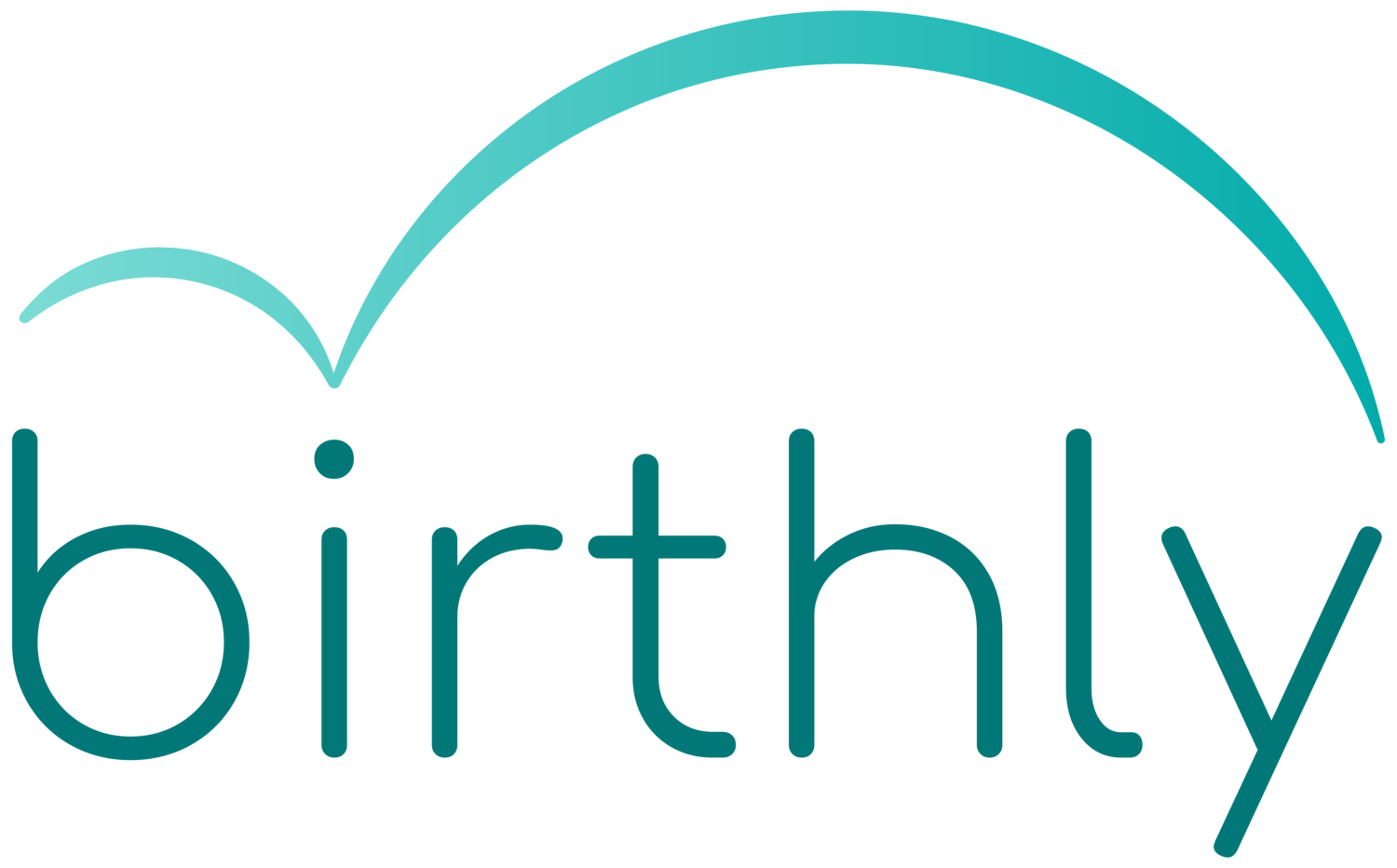Anxiety in particular is one of the most common mental health conditions that pregnant women suffer from and, if ignored, can have adverse effects on outcomes. In a study conducted by American Psychological Association and Society for Health Psychology, research shows the correlation between anxiety during pregnancy and preterm births, emphasizing the importance of prenatal mental health screenings and interventions.
Read MoreIn many cultures, the first 40 days of the postpartum period are considered an incredibly sacred time for the birthing parent. La Cuarentena, The Jappa, Zuo Yue Zi, Lying In. Each of these terms hold the same meaning: a 40-day rest period following labor and birth. 40 days to rest, recover, bond with baby and allow your village of friends and family to care for you and help with day to day responsibilities.
Read MoreAs people living in a hyper connected world, we are constantly bombarded by the "highlight reels” of others. In particular, there is an emphasis on social media of what appears to be the picture perfect pregnancy, birth and postpartum experience. This constant display of “perfection” during these vulnerable periods can lead to unreasonable expectations and ultimately to disappointment, shame, anxiety and potentially the onset of Postpartum Mood and Anxiety Disorders (PMADs). Let’s examine some common expectations in the postpartum period versus the reality-based perspectives.
Read MorePreparing for the postpartum period is a bit like preparing for a series of inclement weather. With weather, we can make preparations based on forecasted events, location, and prior storm activity. With the postpartum period, we can prepare ourselves based on our own predictions of how we may feel, the amount of support available to us, and prior experience with mental health or medical challenges.
Read MoreCommunication is key, we hear this phrase a lot, but in the delivery room, it’s imperative. As childbirth complications and maternal mortality continue to challenge health systems across the country, certain hospitals are looking at communication as a way to improve the safety and quality of maternity care.
Read MoreGestational diabetes - a short-term type of diabetes that can develop during pregnancy - is a fairly common condition affecting 2-10% of pregnancies per year in the United States. But what exactly is it? How do you test for it? And what do you do if you have it?
Read MoreIt’s no surprise that pregnancy brings on a new level of exhaustion unlike anything you’ve ever experienced. As a mom of a toddler who is currently pregnant with her second, I get it. The good news? You can uplift your spirits, increase your energy levels, and appease your ever increasing appetite through nutrient dense foods.
Read MoreIn partnership with Penn Medicine, our platform was used to conduct a controlled trial comparing an interactive online childbirth education platform (Birthly) to standard prenatal education alone. In this study, patients who participated in a curriculum like Birthly’s experienced more positive results across multiple key outcomes.
Read MoreAs expectant mothers draw nearer and nearer to their due date, the term “skin to skin” is likely to enter the conversation. Put simply, “skin to skin” is just that - placing your newborn baby’s skin on your own immediately after birth. A simple concept, but the benefits are far more complex!
Read MoreWe think it’s a good idea to start thinking about what you want to bring to the hospital at the beginning of your third trimester. While everyone’s situation and birth location could be different, we recommend that you have your hospital bag ready before the 37-week mark (which is when your baby gets to full term). Even if you don’t plan on having your baby at a hospital, it’s still good to be prepared just in case.
Read More










